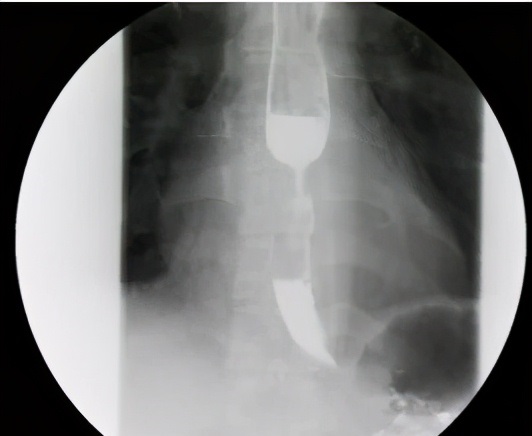May a sign of esophageal cancer If your throat always dry….
- Normal Liver Cells Found to Promote Cancer Metastasis to the Liver
- Nearly 80% Complete Remission: Breakthrough in ADC Anti-Tumor Treatment
- Vaccination Against Common Diseases May Prevent Dementia!
- New Alzheimer’s Disease (AD) Diagnosis and Staging Criteria
- Breakthrough in Alzheimer’s Disease: New Nasal Spray Halts Cognitive Decline by Targeting Toxic Protein
- Can the Tap Water at the Paris Olympics be Drunk Directly?
May a sign of esophageal cancer If your throat always dry….
May a sign of esophageal cancer If your throat always dry…. If symptoms of the upper gastrointestinal tract occur, such as choking, pain behind the breastbone, and discomfort in eating, you should consult a doctor promptly.
Causes of esophageal cancer
01 Chronic physical and chemical irritation and inflammation
Long-term intake of rough, hot food, chewing betel nuts or tobacco.
02 Nitrosamine compounds and mycomycin
Such as eating too much pickles, salted fish, bacon, etc., or eating moldy foods, grains and other food contaminated by fungi for a long time.
03 Nutritional factors
Food lacks animal protein, fresh vegetables and fruits, and vitamin A, B2 and C deficiency.
04 other factors
Long-term smoking, alcoholism, genetic factors, etc.
Early symptoms of esophageal cancer are mostly not obvious, with only a little dryness in the throat, foreign body sensation in the esophagus, choking sensation after swallowing, pain and burning sensation behind the breastbone, slow passage of food, and relief after swallowing water.
If there is progressive dysphagia, it is difficult to swallow dry food first, then semi-liquid food, and finally cannot swallow even water and saliva, it may be in the middle and late stages.
If you have the above symptoms, you should go to the thoracic surgery or gastroenterology outpatient clinic. It is necessary to improve the gastroscopy, esophagus angiography and other examinations to confirm the diagnosis.
Gastroscopy
The first choice for detecting and diagnosing esophageal cancer is to directly observe the morphology of the lesion, and at the same time do a biopsy under direct vision to confirm the diagnosis. The use of “toluidine blue” or “iodine solution” staining for suspicious lesions can improve the detection rate of early esophageal cancer.

Esophageal barium contrast
This method can be used when gastroscopy is not suitable. The normal esophageal mucosa is smooth, neatly arranged, and looks very comfortable, while the mucosal folds in the lesion area are thickened, tortuous, disordered and interrupted, small ulcers, niches, small filling defects, etc. These features indicate that the disease is not very early. At least early invasive cancer.
Finally, experts reminded that people who are over 40 years old and come from areas with a high incidence of esophageal cancer, smoke, drink heavily, or have a family history of esophageal cancer, should undergo gastroscopy once every two years. If symptoms of the upper gastrointestinal tract occur, such as choking, pain behind the breastbone, and discomfort in eating, you should consult a doctor promptly.
(source:internet, reference only)
Disclaimer of medicaltrend.org



